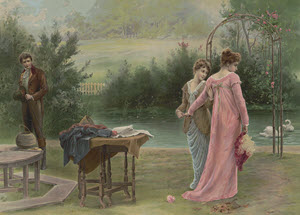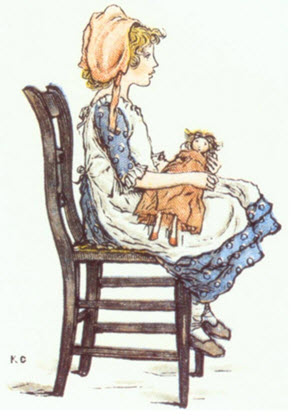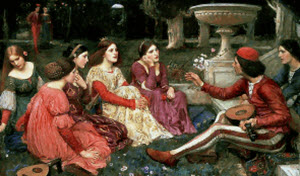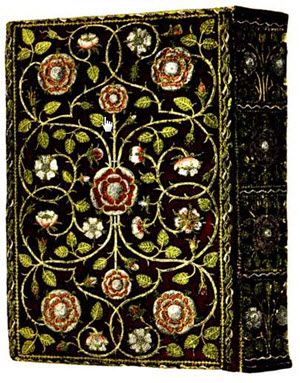EDGAR ALLAN POE - Part 13
While the public was no doubt enjoying his stories, the literary world was stirred by his criticism. In the Messenger Poe began those attacks on mediocrity which won him his dearest enemies and made American literature bounden to him forever. Like all fallible critics, he sometimes hit the wrong head, he was often bigoted, supercilious, and misinformed. He was guilty of a kind of uncritical chivalry in his treatment of lady poets. He was also guilty of currying favour with writers whose material help he needed, thereby sacrificing the literary honesty and independence which he boasted. But he had the real gifts of criticism, courage, discernment, sensitiveness, method, rigidity of standard. To learn his service, one has only to read the names of the persons he criticised, the forgotten favourites and local heroes through whom his clear brain and impoverished body had to make their daily way. Except for one or two established dignitaries, Cooper and Irving, the persons who passed for authors in Poe's time make one unpatriotic. Most of them are unknown except for the mortuary inscription which he carved upon their obscure graves. He impaled scores of toy windmills on his lance, and produced jealous consternation among pious and sentimental persons who, having no other possible employment, regarded themselves as "literary." Because he was unreason ably hostile to the New England school, we do not always give him credit for recognizing Hawthorne at a time when Hawthorne called himself the obscurest man of letters in America. Because he was foolish in accusing Longfellow of plagiarism, we do not remember that he regarded Longfellow as the first of American poets, and quoted from his verse with approbation, and that the seat of his antagonism to New England writers and Carlyle was in a just instinct that sermons should not be hung upon the wings of visions.
In Poe's time American literature was weak and strutting, and daily journalism in its personalities and puffs was even more contemptible than the modern newspaper. We know Poe's journalistic indignities, because lie is almost the only one of his age and neighbourhood whose complete works have survived, for whose least scraps of book reviewing the tangles of the daily press have been combed through by editors and compilers. But he was head and shoulders ^ above his contemporaries in his views of literature, and he did much to awaken critical consciousness. If he paid the penalties of dishonesty and meanness, he paid as heavy penalties for honesty, courage, and devotion to his craft. He might have rendered as effective and courageous service with less arrogance and more magnanimity, but it is to his lasting credit that he remained, on the whole, true to his literary faith and industrious in his efforts to establish high standards of criticism.




